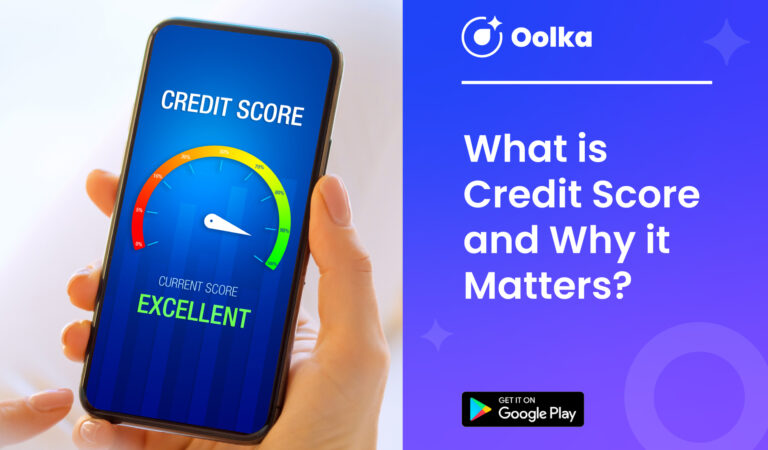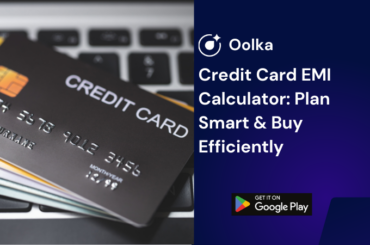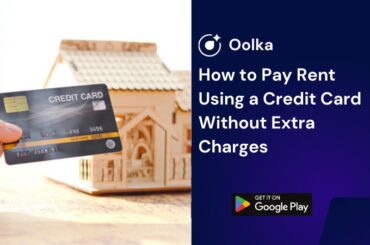If you have already applied for or are applying for a loan or credit card in India, you would have come across the term ‘Credit Score’. For lenders and banks, the CIBIL Credit Score is an important measure that represents in numbers the health of your finances and wallet.

What is a Credit Score?
The Credit Score is a unique three-digits number between 300 to 900 that tells banks, financiers, lenders etc. about how good you are at borrowing money and paying it back on time. It’s like getting a grade in school, but for your money habits. It is calculated by looking at things like if you’ve borrowed money before, if you’ve paid it back on time, and how much you owe. As a result, having a good Credit Score is considered like getting a distinction on your report card – it confirms that you are responsible with your money and a trustworthy candidate for borrowing money and paying it back.
Who maintains the Credit Score?
The Credit Information Bureau (India) Limited, popularly known as CIBIL, is India’s first credit information firm. It is like a financial guardian that keeps track of people’s borrowing history and credit information. It works with banks, NBFCs, credit card companies, and other financial institutions that regularly send in their customers’ credit records. Based on how people manage their money, CIBIL updates each person’s credit history. Financial institutions and lenders review the CIBIL credit report of loan applicants before approving a loan to evaluate their creditworthiness and make informed lending decisions.
What is a good Credit Score?
The Credit Score is a specific code composed of three numbers. Its value often ranges from 300 to 900. The higher the value of your CIBIL Credit Score, the better! A higher value above 700 usually denotes you handle your money well. A lower Credit Score, below say 400, suggests you aren’t a good borrower for the bank or loan and credit card companies. A strong Credit Score can get you loan approvals and better terms on loans and credit cards. For most banks and non-bank lenders, having a minimum credit score of 680 is often a prerequisite.
How is Credit Score calculated?
Your CIBIL Credit Score is calculated based on several factors including:
- Repayment history: Whether you’ve paid back borrowed money on time in the past.
- Credit utilization: How much you currently owe to different lenders compared to your credit limits.
- Credit history length: How long you’ve been borrowing money and managing credit accounts.
- Credit types: The variety of credit accounts you have, such as loans and credit cards.
- Recent credits: Whether you’ve recently applied for new credit or loans.
Being responsible by consistently repaying loans on time, maintaining a healthy credit utilization ratio, avoiding excessive borrowing, and having a long credit history can lead to a better Credit Score. A good Credit Score is beneficial for your financial future.
Why does the Credit Score matter?
- When getting a house or car loan
While buying a high-value asset such as a car or a house, you usually need to get a loan. Lenders or banks look at your Credit Score to gauge your financial worthiness. Banks not only use the Credit Score to decide whether to grant the loan or not, but also to choose what offers to make and how much interest to charge. If your Credit Score is high, it usually means they’ll charge you less interest, saving you money over time. With a low Credit Score, not only will getting a loan become difficult, but it might also come at a high cost.
- Getting a credit card
Even if you don’t need a loan or don’t intend to buy any big items in the near future, your Credit Score is still important to you. A good Credit Score increases your chances of getting a good credit card with an extended credit limit, as credit card companies are more inclined to offer favourable terms to individuals with a positive credit history. Exciting rewards and benefits are offered to credit-worthy individuals. You might also be able to spend more if you have a good Credit Score because they may raise your credit limit. When you need more money for some big purchases, this will be very helpful. A good Credit Score isn’t just about being able to borrow money; it also opens up benefits and gives you more spending power.
Your Credit Score is like a report card for your money. It decides if banks and lenders will lend you money, if credit card companies give you attractive credit cards, and what deals you get. If you continuously work towards keeping your Credit Score high by being smart with your money, you will get more incentives than you imagine. However, even a low Credit Score can open up opportunities for you, with the right financial partner, such as Oolka. Improve your credit score with Oolka now!






